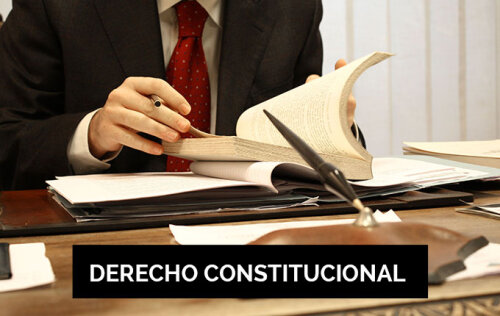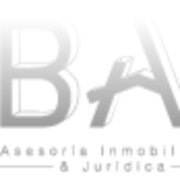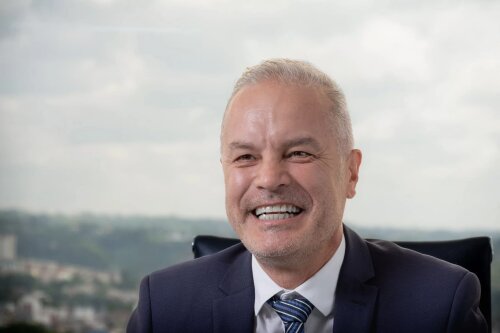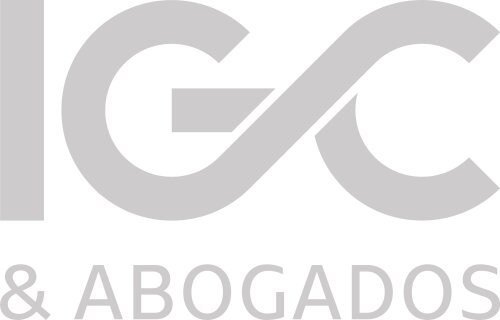Best Admiralty & Maritime Lawyers in Pereira
Share your needs with us, get contacted by law firms.
Free. Takes 2 min.
List of the best lawyers in Pereira, Colombia
About Admiralty & Maritime Law in Pereira, Colombia
Admiralty and maritime law, also known as derecho marítimo in Spanish, focuses on the legal issues and disputes that arise on international waters, rivers, and ports. Although Pereira is located inland and away from Colombia's primary coastal ports, the city is a significant hub for commerce, trade, and cargo transportation that often interacts with maritime operations via Colombia’s interconnected transportation networks. Businesses in Pereira may have dealings related to shipping contracts, insurance, cargo distribution, and logistics that involve maritime law. Understanding admiralty and maritime law is crucial for individuals and companies who are involved in international trade, shipping, or riverine transport regulated under Colombian law.
Why You May Need a Lawyer
There are several situations where seeking the advice of an admiralty and maritime lawyer becomes essential in Pereira:
- Disputes related to international shipping contracts and obligations
- Claims and disputes involving cargo damage or loss during transportation
- Accidents and personal injury claims involving river transport or shipping activities
- Environmental violations or incidents impacting water routes or cargo
- Customs, import, and export regulations compliance
- Liens and seizures of cargo or vessels
- Insurance claims arising from shipping or river transport
- Employment disputes involving seafarers, logistics staff, or shipping crew
- Advice on regulatory compliance for shipping companies or merchants
- Navigational rights or use of ports and related infrastructure
A lawyer with experience in admiralty and maritime law can safeguard your interests, help you understand regulations, and represent you in negotiations or legal proceedings.
Local Laws Overview
Colombia’s maritime sector is governed by a robust legal framework that reflects international conventions to which Colombia is a signatory. In Pereira, relevant laws include the Colombian Commercial Code, sections on maritime transportation, and regulations established by national agencies such as the Superintendencia de Puertos y Transporte and the Dirección General Marítima (DIMAR). Key aspects include:
- The Commercial Code outlines responsibilities, liabilities, and procedures for maritime carriers and shippers.
- DIMAR regulates navigable rivers, vessel registration, crew certification, and permits for maritime and river operations.
- Labor laws specific to seafaring and river transport crews, influenced by the Maritime Labor Convention.
- Customs and import-export regulations (DIAN) impact the handling and legal status of cargo transported by water.
- Environmental laws governing pollution, hazardous materials, and incidents affecting aquatic environments.
While Pereira does not have coastal ports, many commercial activities in the city interact with these regulations, especially regarding the shipment of goods to and from Colombian seaports and oversight of operations along navigable rivers.
Frequently Asked Questions
What is admiralty and maritime law?
Admiralty and maritime law is the body of law that governs navigation, shipping, and related commercial activities occurring on rivers, lakes, and the sea. It covers issues ranging from shipping contracts to environmental regulations and cargo disputes.
Does admiralty law apply to businesses in Pereira?
Yes. Even though Pereira is an inland city, businesses involved in sending or receiving goods by sea or navigable rivers may be subject to admiralty and maritime laws, especially when entering shipping contracts or dealing with cargo issues.
Can I claim damages if my goods are lost or damaged during river transport?
Yes. If you experience loss or damage to cargo during transit on a river or sea route, you may have a legal right to compensation, depending on the specifics of your shipping contract and applicable regulations.
Who regulates maritime and river transportation in Colombia?
Maritime matters are primarily regulated by the Dirección General Marítima (DIMAR) and the Superintendencia de Puertos y Transporte. Customs matters are managed by DIAN.
Is it mandatory to have a contract for maritime transport?
Yes. Colombian law requires contracts for the carriage of goods by sea or river, and these contracts specify the rights and obligations of each party.
How do I ensure my business complies with maritime shipping and customs laws?
Consulting a lawyer or legal advisor with experience in maritime law is recommended. They can ensure that your contracts, documentation, and operations align with both Colombian and international legal standards.
Are there special requirements for hiring shipping or cargo staff?
Yes. Seafarers and shipping staff are subject to labor standards regulated by Colombian law and international maritime conventions, which cover contracts, working conditions, and safety.
What should I do in case of an environmental incident during river transport?
Report the incident to DIMAR and the local environmental authorities immediately. You may also require legal assistance to address any investigations or liabilities that arise.
Can foreign vessels operate along Colombian rivers?
Foreign vessels may be permitted under certain conditions, as regulated by DIMAR. There are specific requirements regarding registration, permits, and local partnerships.
What legal recourse do I have if my cargo is seized?
You can challenge a seizure through administrative or judicial channels, depending on the reason for the seizure. Legal representation is strongly advised to navigate the procedures efficiently.
Additional Resources
If you need more information or support regarding admiralty and maritime law in Pereira, the following resources can be helpful:
- Dirección General Marítima (DIMAR): Responsible for maritime administration, regulations, and licensing in Colombia.
- Superintendencia de Puertos y Transporte: Supervises the transport sector, including river and port operations.
- DIAN (Dirección de Impuestos y Aduanas Nacionales): Oversees customs and regulations on import and export of goods.
- Local Chambers of Commerce: Offer guidance and resources for international shipping and legal assistance.
- Ministry of Transport (Ministerio de Transporte): Issues regulations and approves infrastructure projects relating to transport and shipping.
- Legal aid clinics and universities in Pereira: Some law schools may offer support or referrals for maritime law matters.
Next Steps
If you find yourself involved in a maritime or river transportation issue connected to Pereira, it is advisable to:
- Document and organize all contracts, correspondence, and evidence related to the matter.
- Reach out to a qualified lawyer who specializes in admiralty and maritime law in Colombia. Look for professionals with proven experience in shipping, transport, or commercial law.
- Consult with relevant local authorities or chambers of commerce for referrals to competent legal professionals.
- Act promptly. Legal matters involving shipping and transport can be time sensitive, especially where there are perishable goods or regulatory deadlines.
- Prepare for initial consultations by compiling key documents and a timeline of events.
Navigating admiralty and maritime law can be complex, especially when international or cross-jurisdictional issues are involved. Early legal advice will help protect your interests and ensure compliance with all applicable laws.
Lawzana helps you find the best lawyers and law firms in Pereira through a curated and pre-screened list of qualified legal professionals. Our platform offers rankings and detailed profiles of attorneys and law firms, allowing you to compare based on practice areas, including Admiralty & Maritime, experience, and client feedback.
Each profile includes a description of the firm's areas of practice, client reviews, team members and partners, year of establishment, spoken languages, office locations, contact information, social media presence, and any published articles or resources. Most firms on our platform speak English and are experienced in both local and international legal matters.
Get a quote from top-rated law firms in Pereira, Colombia — quickly, securely, and without unnecessary hassle.
Disclaimer:
The information provided on this page is for general informational purposes only and does not constitute legal advice. While we strive to ensure the accuracy and relevance of the content, legal information may change over time, and interpretations of the law can vary. You should always consult with a qualified legal professional for advice specific to your situation.
We disclaim all liability for actions taken or not taken based on the content of this page. If you believe any information is incorrect or outdated, please contact us, and we will review and update it where appropriate.













